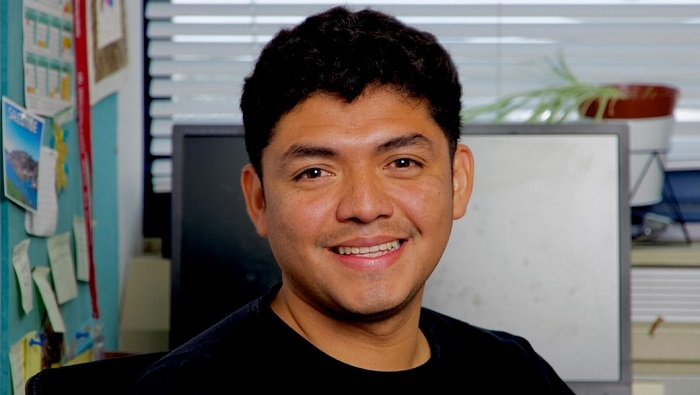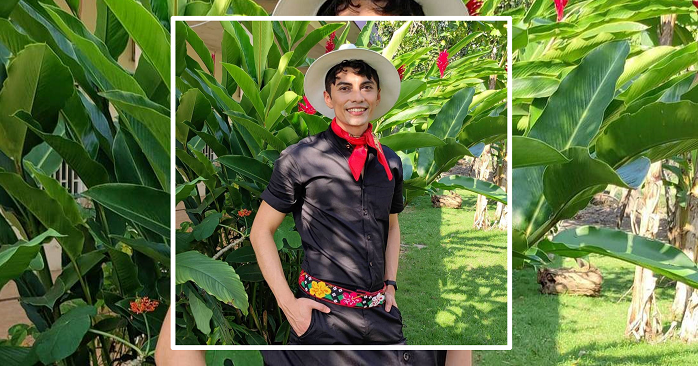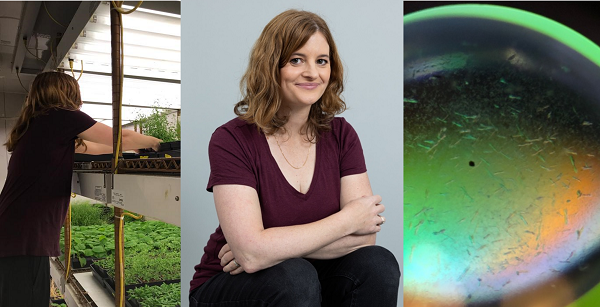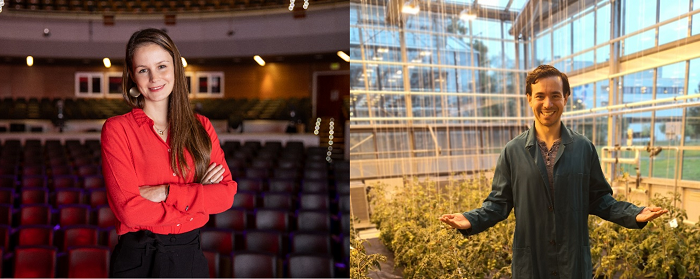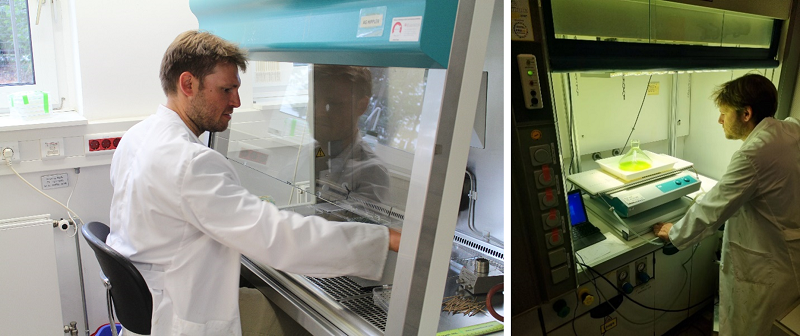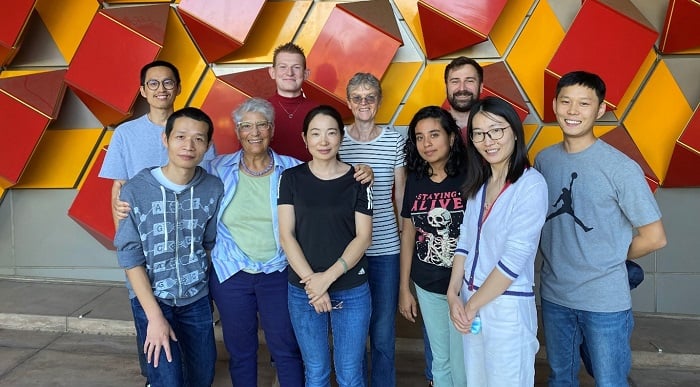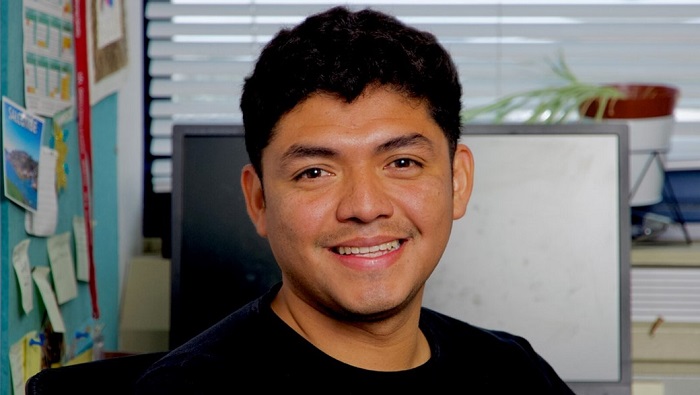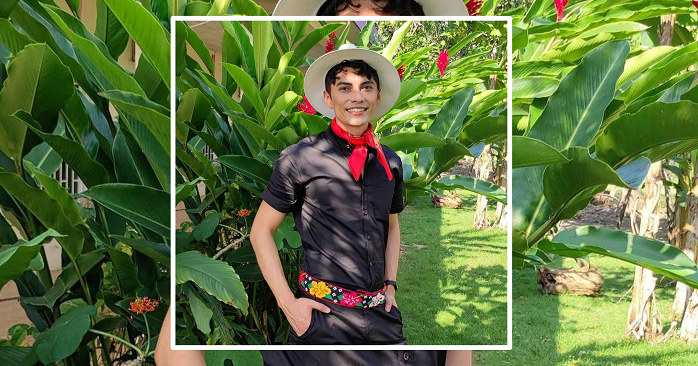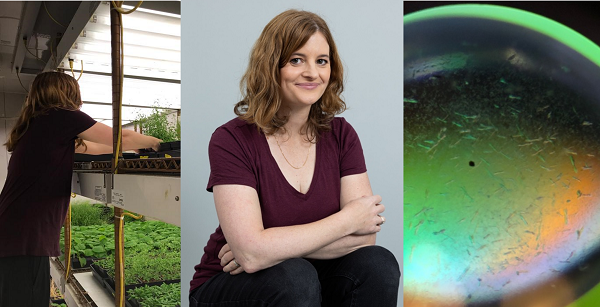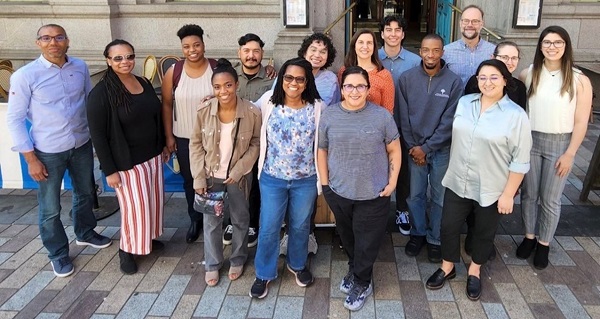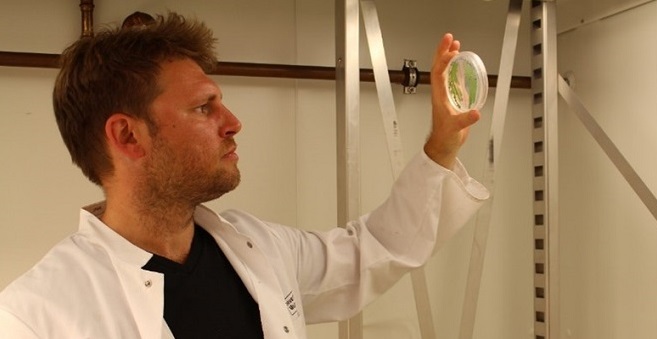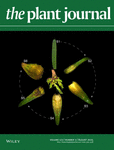Featured
Latest Features
Dr. Neftaly Cruz Mireles is a postdoctoral scholar at The Sainsbury Laboratory (TSL) in Norwich. In this interview, he talks about his upbringing in Mexico, his current research, and his experience as a Latino migrant in the UK.
M.S. David Garcias is a Ph.D. candidate at the Instituto de Biotecnología of the Universidad Nacional Autónoma de Mexico. In this interview, David talks about their upbringing in Mexico, their Ph.D. project, their transition to the industry, and their experience as an LGBTQIA+ individual in science.
We continue our Q & A series with Dr Lior Tal, a new faculty member in the school of Plant Sciences and Food Security in Tel-Aviv University. Her lab focuses on the role played by plant ubiquitin-proteasome system (UPS) in fine-tuning protein abundance in plant cells in response to stress. She shares with us some of the challenges of setting up a new laboratory and the unexpected skills she needs to apply, her must-read recommendations and of course, her idea of living in the nonstop city of Tel-Aviv.
Diversity, Equity, Inclusion, and Belonging (DEIB) are recognized as fundamental elements of sound, impactful, and transformative science. However, true commitment to DEIB at the institutional level is not the norm and is commonly used performatively. Dr. Friesner shares her experience leading a non-profit organization spearheading DEIB efforts in plant biology in North America.
Can a couple of ambitious early career scientists live under the same roof and survive to tell the tale? How do challenges and work stress affect a family of two ambitious young scholars? Can this actually work? We heard about the personal and inspiring experience of Prof. Monika Chodasiewicz and Dr. Juan Camilo Moreno Beltran from KAUST on these matters.
From the very narrow range of light wavelengths captured by natural pigments to the low affinity of RuBisCO for CO2, biological photosynthesis is understood as a highly inefficient process. Many efforts are focusing on enhancing different aspects of the natural photochemical reactions, as well as engineering RuBisCO’s enzymatic traits and other CO2-concentrating mechanisms to improve carbon fixation and increase productivity. Recently, a team of researchers including grad student Elizabeth Hann, tackled these issues by developing an artificial photosynthesis system and coupling it to crop production.
We continue with our Q and A series with Dr Yuval Milrad, postdoctoral researcher at the Michael Hippler Group, at the Institute of Plant Biotechnology and Biology, University of Münster. Yuval specializes in photosynthetic electron transfer and the protein interactions between the main complexes involved in this process. In this interview he shares some of technical challenges this research field faces, discusses his approach about handling scientific debates as a young researcher and explains why, as a matter of fact, green algae are some of the most amazing organisms on this planet (we concur).
We continue our Q & A series with Dr. Katie Dehesh. She is the director of the Institute for Integrative Genome Biology and a Distinguished Professor in the Department of Botany and Plant Sciences at the University of California Riverside. She specializes in plant stress responses and cell-autonomous communication between organelles, focusing on chloroplast-to-nucleus signaling. She shared with us part of her personal story and her experiences navigating academia and the biotechnology industry.




